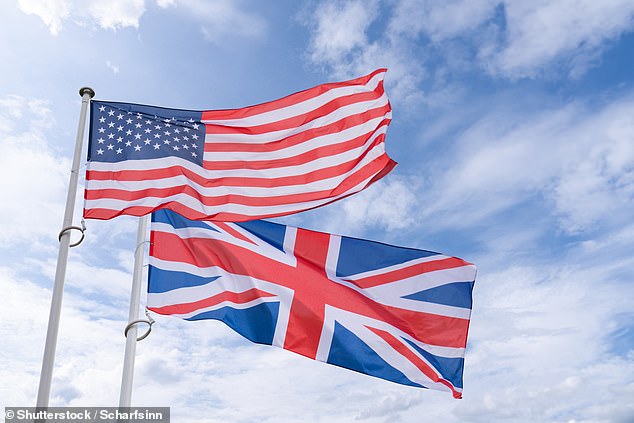
"Bonkers Tops List of Most Popular Britishisms Adopted by Americans"
British English Invades American Vernacular: “Bonkers” Leads the Charge
Britons and Americans share a language, but differences abound: holiday vs. vacation, trousers vs. pants, pavement vs. sidewalk. Now, a study reveals a surprising crossover, with British terms—or “Britishisms”—increasingly popping up in American speech.
Northern Arizona University researchers, commissioned by language app Babbel, analyzed 5 million words and 1,000 hours of spoken American English from 2023–2024. The standout? “Bonkers”—used by 24% of Americans to describe everything from sports chaos to viral trends.

Terms like “queue” and “cheeky” are gaining ground in the U.S., blending British flair into everyday speech.
Top 10 Britishisms in the U.S.
- Bonkers (24%)
- Amongst (14%)
- Queue (13%)
- Wonky (11%)
- Cheeky (10%)
- Snarky (10%)
- Cheers (6%)
- Keen (5%)
- Maths (3%)
- Nil (2%)
“Bonkers” resonates particularly with Gen Z and women, with 90% of its users female. Esteban Touma, a linguist at Babbel, notes its “whimsical edge” aligns with younger generations’ love for capturing absurdity. Other rising terms include nutter, dodgy, and posh.
Why the Surge? Blame Streaming and Social Media
Cultural globalization fuels the trend. British TV (Love Island), music (Charli XCX), and streaming hits like Adolescence expose Americans to U.K. slang. “These exports aren’t just entertaining—they’re reshaping language,” says Touma. Social media then amplifies phrases like digital currency, creating a “shared global community.”

Streaming platforms and viral trends accelerate the spread of British terms across the Atlantic.
A New British Invasion
Touma compares this linguistic shift to past cultural waves like Punk and Britpop. “It’s not just slang—it’s about embracing a shared identity,” he explains. Terms like cheeky or maths (instead of math) signal evolving transatlantic ties.
While Americans might never swap “sidewalk” for “pavement,” the fluid exchange of language underscores how media and technology blur cultural lines. As Touma puts it, “Britishisms like ‘bonkers’ mark a linguistic evolution without boundaries.”

Shows like Love Island and global stars help British phrases take root in American vernacular.
In short, from “bonkers” to “cheers,” Britishisms are carving a quirky niche in American English—proof that language evolves as dynamically as culture itself.


